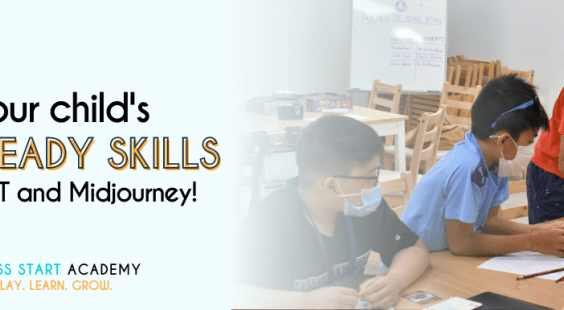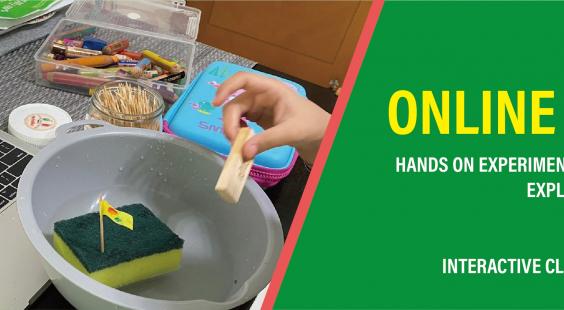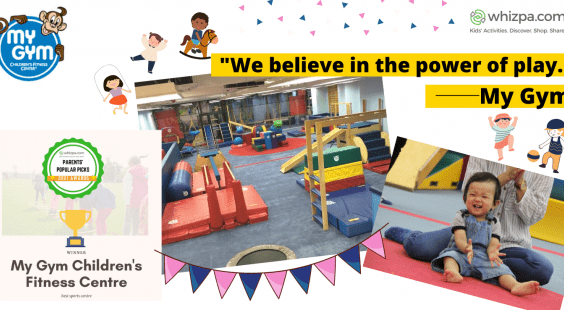
What are the 6 questions to ask your child when he/she makes a mistake?
As you know, parents play an essential role in every single child that can decide the child’s future. We use to tell them what’s right and wrong in order to teach them how to become a better person in future. However, some parents would blame their kids constantly when they made mistakes, which is not good for the development of the child’s self-awareness and their self-confidence.
Alternatively, you can lead them to think and distinguish right from wrong by asking them these 6 questions:
1. “What happened?”
When there seems something wrong, we better calm down ourselves first but not rush to blame the kids. Let them tell you what happened so they have a chance to self-defend and be more willing to admit their faults.
2. “How do you feel now?”
Normally, children do wrong things impulsively without thinking about the consequences. Hence, understanding their feelings is even important than blaming them. After knowing what happened, try asking them “how do you feel now?” to show your care on them and teach them gradually.

3. “What do you want to do?”
Even though their thoughts may surprise you or ideas that sounds illogical, as parents we should give them a right to say and train up their thinking skills. We can share our opinions with them, come up various possible ways together.
4. “What is the consequences if you choose to do this?”
As mentioned above, children often do not think about the consequences. To avoid another mistake, we better guide them to think forward their choices or explain the consequences to them. Yet be careful not to speak too long or intend to teach them, otherwise they probably will think you are blaming them.
5. “So how would you do?”
After analyzing the pros and cons of the possible solutions, it is time to let them to make their own decision and take its responsibility. Sometimes we may doubt what they choose, but we just need to respect them as this is one of the ways of building trust between parents and children.
5. “What will you do next time?”
As the strong backing of the child, parents should always encourage him / her to improve. After a period of days, we can ask what they will do if the same situation happens again. This can help enhance their ability to self-evaluate and make their own judgement.
Don't underestimate that your child is young, so they don’t have their own plan and solutions. We should assist them to think and enhance their problems solving skills, which is an valuable experience during their childhood.
Weclome to explore different family and health institutions at Whizpa database, providers such as Child and Family Centre, Gordon Parenting, Jadis Blurton Family Development Center, SPOT Children's Interdisciplinary Therapy Centre and more. Don’t forget to leave your review as well!








